Blog
Top 10 Project Management Trends to Watch in 2025
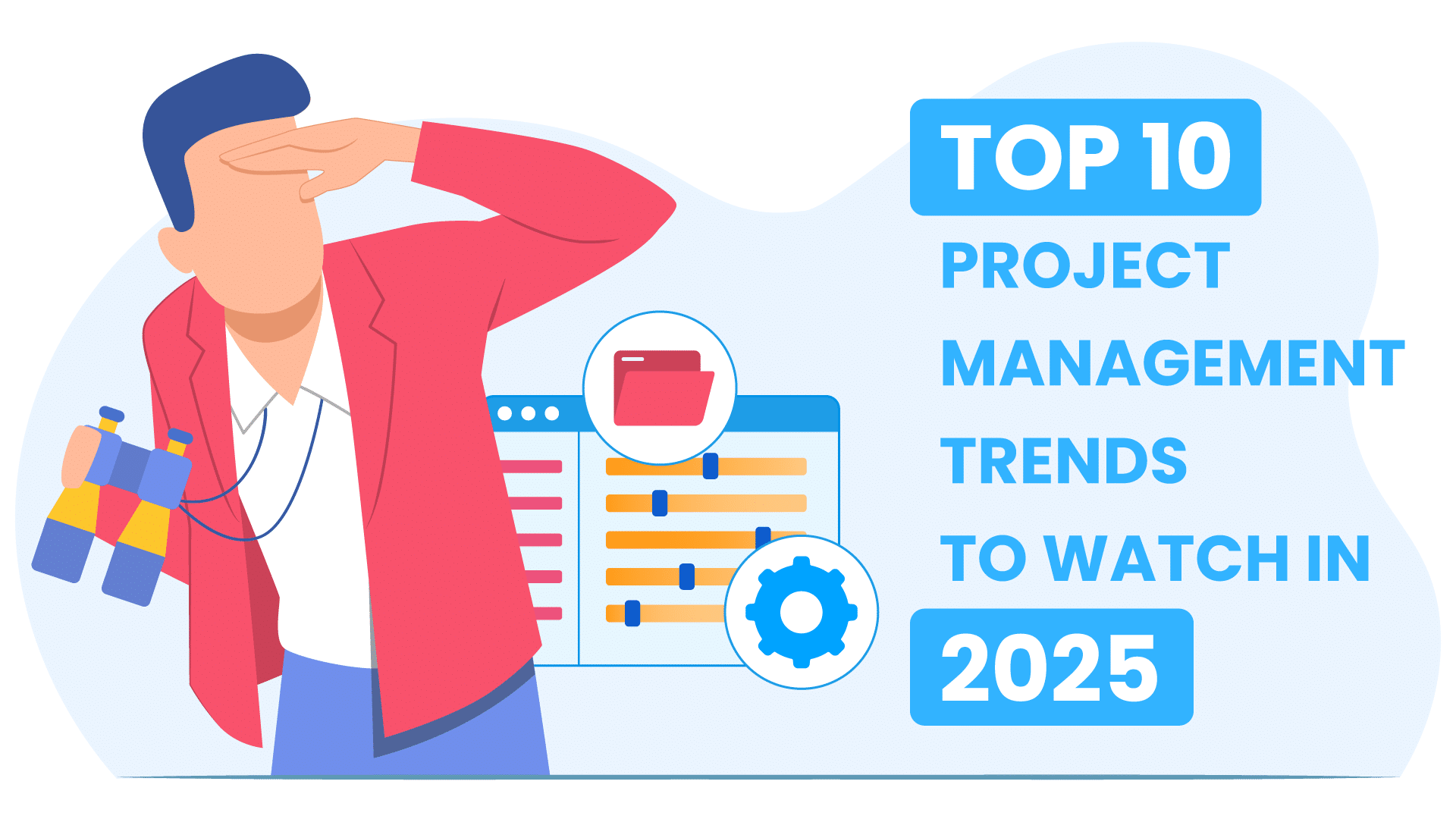
Project management is constantly evolving, and 2025 promises to be no different. As businesses face new challenges and opportunities, project managers must adapt to changing tools, methodologies, and priorities to stay ahead. This year’s trends reflect a growing focus on technology, sustainability, collaboration, and employee well-being. Here are the top 10 project management trends shaping the future of work and how they can transform your approach.

1. The Rise of Hybrid Work Models
The hybrid work model—combining remote and in-office teams—continues to dominate the workplace landscape. In 2025, project managers will rely on tools that facilitate real-time collaboration and transparency across distributed teams. Platforms offering features like shared dashboards, virtual whiteboards, and instant communication channels will be essential to keep projects on track. To thrive, teams must embrace this flexibility while maintaining a unified culture.

2. AI and Automation Take the Lead
Artificial intelligence and automation are no longer buzzwords—they’re necessities. From automated scheduling to intelligent resource allocation, AI is transforming how projects are managed. Tools now offer predictive analytics to foresee risks, automated workflows to save time, and chatbots to assist with task management. However, the key to success lies in balancing these technologies with human oversight to ensure adaptability and personal connection.

3. Sustainability Becomes a Core Focus
Sustainability is reshaping priorities across industries, and project management is no exception. More organizations are adopting green practices, including eco-friendly resource allocation, carbon tracking, and waste reduction strategies. Tools that track sustainability metrics are gaining traction, helping teams align their work with corporate social responsibility goals. Project managers will need to integrate sustainability into planning and execution to meet stakeholder expectations.

4. Data-Driven Decision-Making Becomes a Core Focus
In 2025, decisions based on instinct alone won’t cut it. Real-time data and analytics are revolutionizing how projects are planned, monitored, and evaluated. Advanced dashboards provide insights into cost tracking, resource utilization, and project timelines, enabling managers to make informed decisions faster. Data transparency fosters stakeholder confidence, ensuring that every step of the project is backed by measurable results.

5. Agile Methodologies Continue to Evolve
Agile is no longer confined to software development. In 2025, Agile principles will find applications across diverse industries, from marketing to healthcare. Hybrid approaches—combining Agile with traditional methodologies—will gain popularity, offering the flexibility of Agile while retaining the structure of traditional planning. Teams will need to stay updated with training and tools to leverage Agile effectively in new contexts.

6. Enhanced Cybersecurity in Project Management
With the rise of hybrid work and digital collaboration, cybersecurity has become a critical concern. In 2025, protecting sensitive project data and ensuring secure communication will be a top priority. Tools with encrypted platforms, multi-factor authentication, and strict access controls will be essential for mitigating risks. Project managers must incorporate cybersecurity best practices into workflows to safeguard both data and stakeholder trust.

7. Collaboration Tools Take Center Stage
Efficient collaboration is at the heart of successful project management, and in 2025, integrated tools will become indispensable. Platforms that combine task management, document sharing, and communication features into a single interface will lead the way. By reducing the need for multiple tools, teams can streamline workflows and eliminate silos. Features like version control, file annotations, and real-time updates will enhance productivity and clarity.
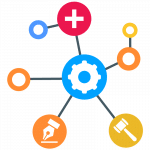
8. Project Management Expands Beyond IT
Project management is no longer exclusive to IT and software development. In 2025, industries like healthcare, education, and government are adopting project management methodologies to address unique challenges. This expansion is driving the creation of specialized templates and tools that cater to sector-specific requirements, such as regulatory compliance and public service delivery.

9. Customization and Scalability in Tools
The demand for tools that adapt to specific team needs is growing. Customizable and scalable solutions allow teams to tailor workflows, adjust features, and manage projects of varying complexities with ease. In 2025, tools that offer flexible templates, modular designs, and integration options will be essential for organizations looking to streamline their processes while accommodating growth and changing requirements.

10. Certifications and Continuous Learning Gain Importance
In an ever-changing industry, staying relevant means staying educated. Certifications in Agile, sustainability, and AI-driven project management are increasingly sought after. Organizations are investing in continuous learning to empower their teams with the skills needed for modern challenges. Project managers must prioritize professional development to maintain a competitive edge in 2025.
Conclusion
The future of project management is dynamic, innovative, and increasingly human-centered. From embracing AI and sustainability to fostering collaboration and well-being, 2025’s trends highlight the importance of adaptability and forward-thinking. As these trends shape the industry, project managers and organizations must assess their workflows, adopt the right tools, and invest in growth opportunities.
Start by identifying which trends align with your team’s needs and begin integrating them into your projects today. The path to success lies in staying proactive and embracing change in a rapidly evolving field.

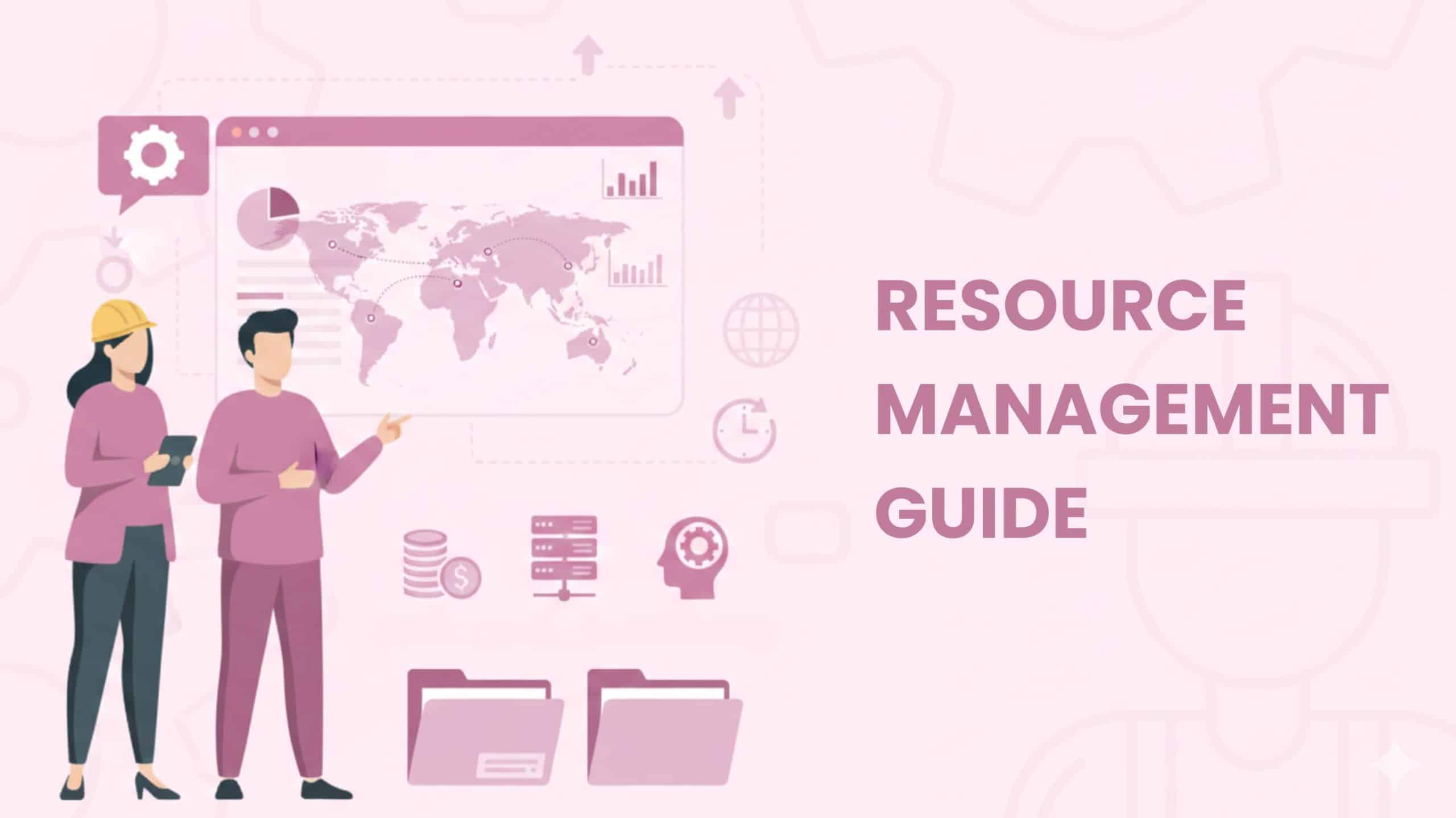
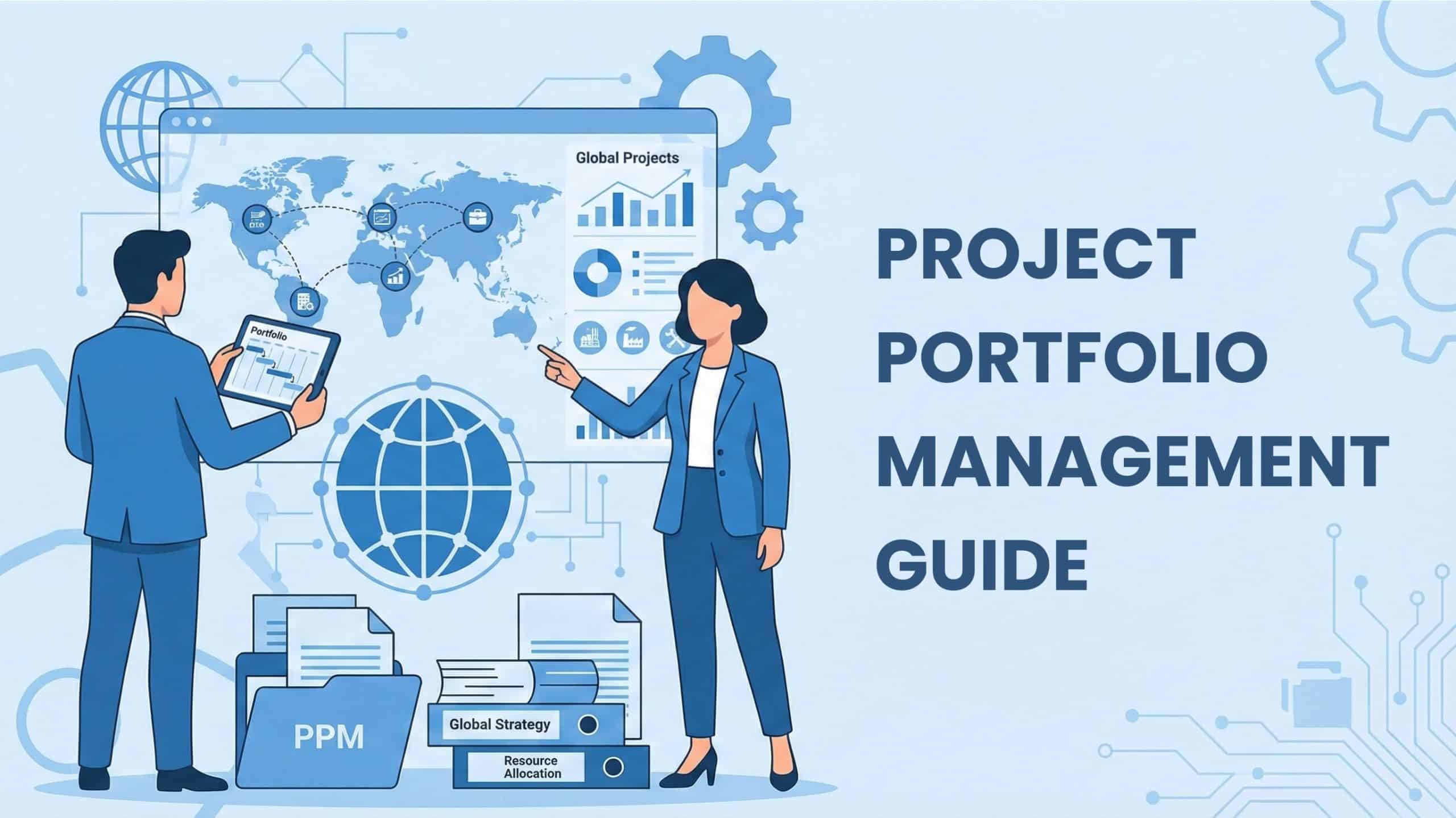
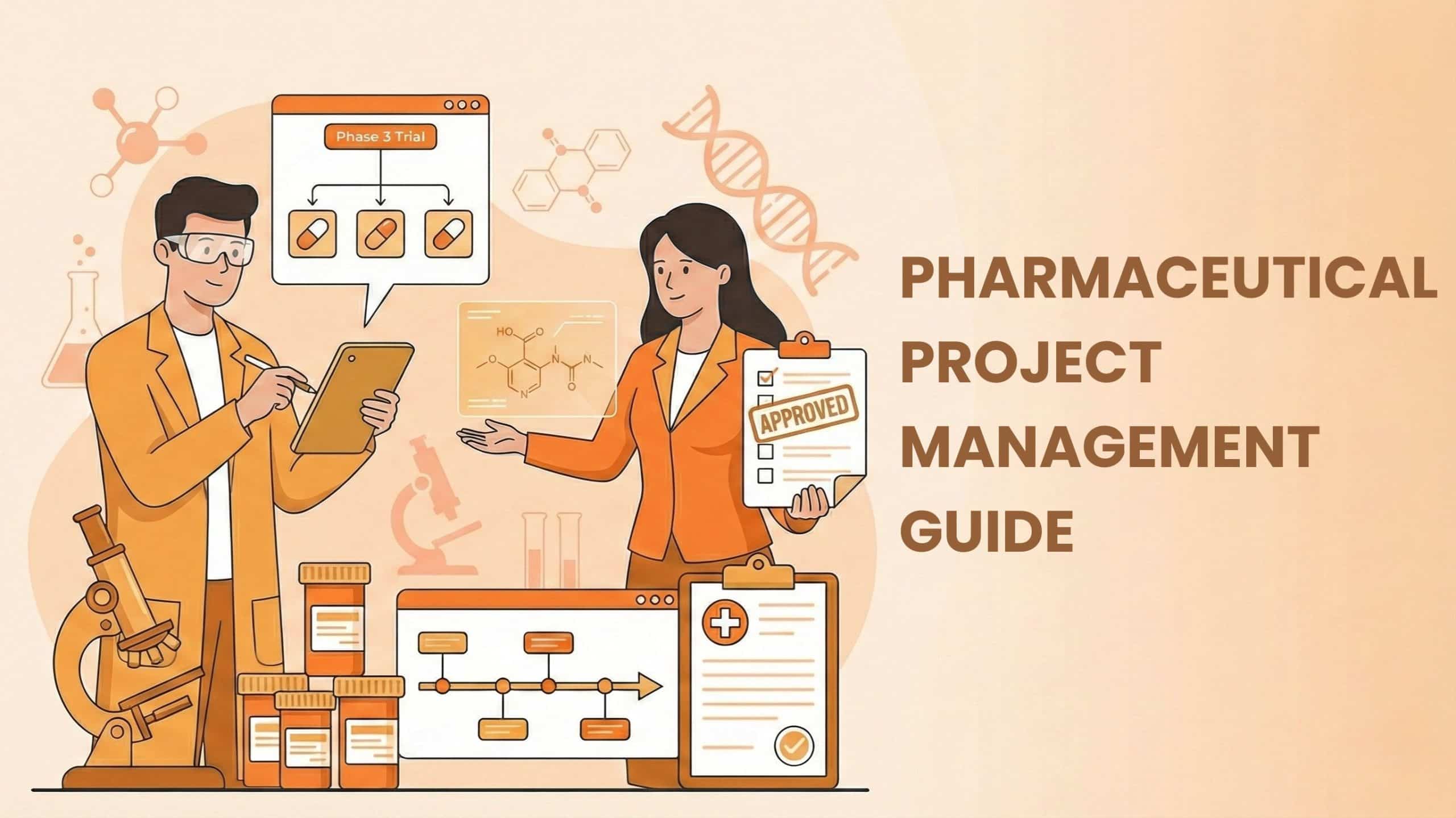
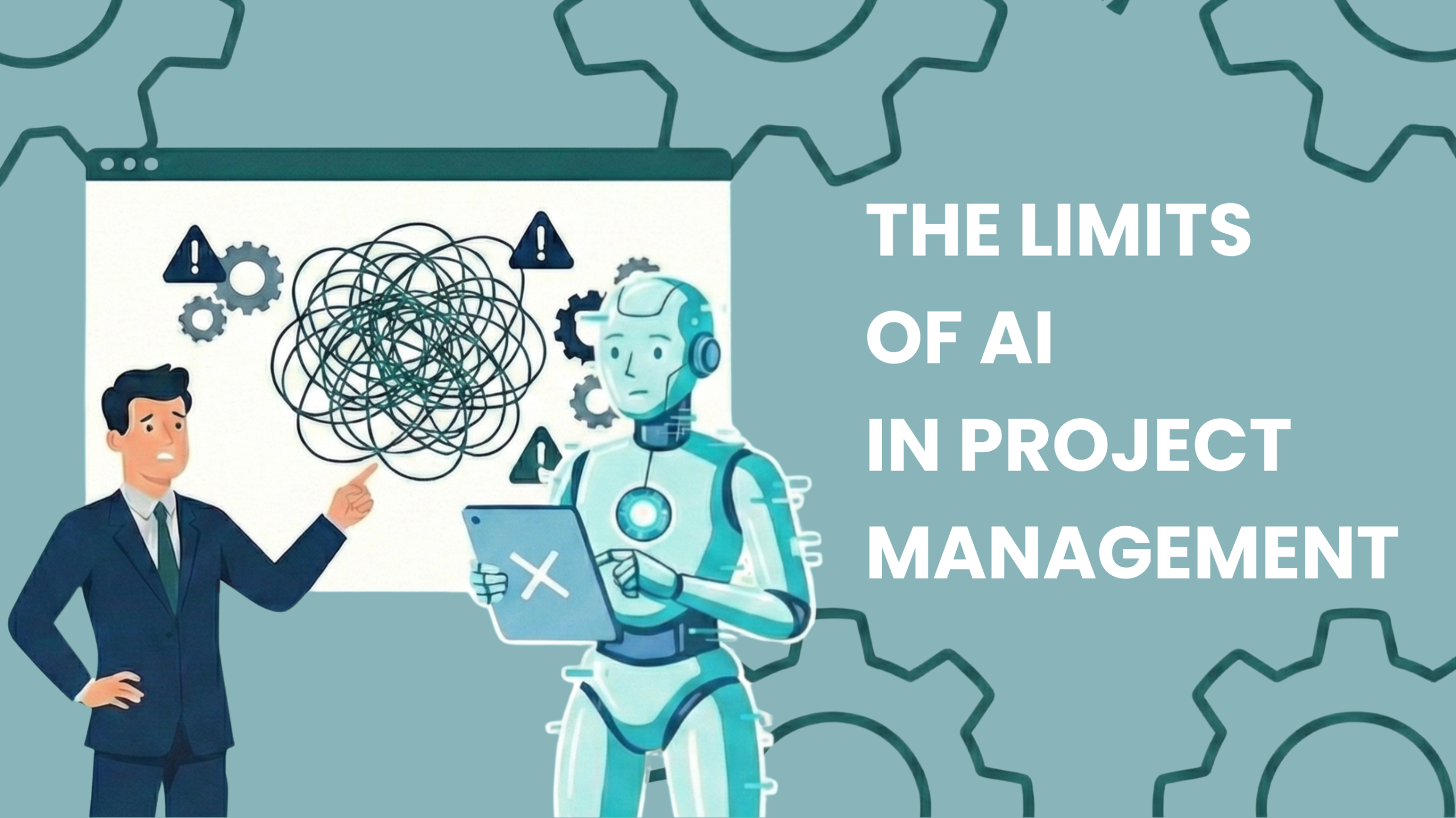
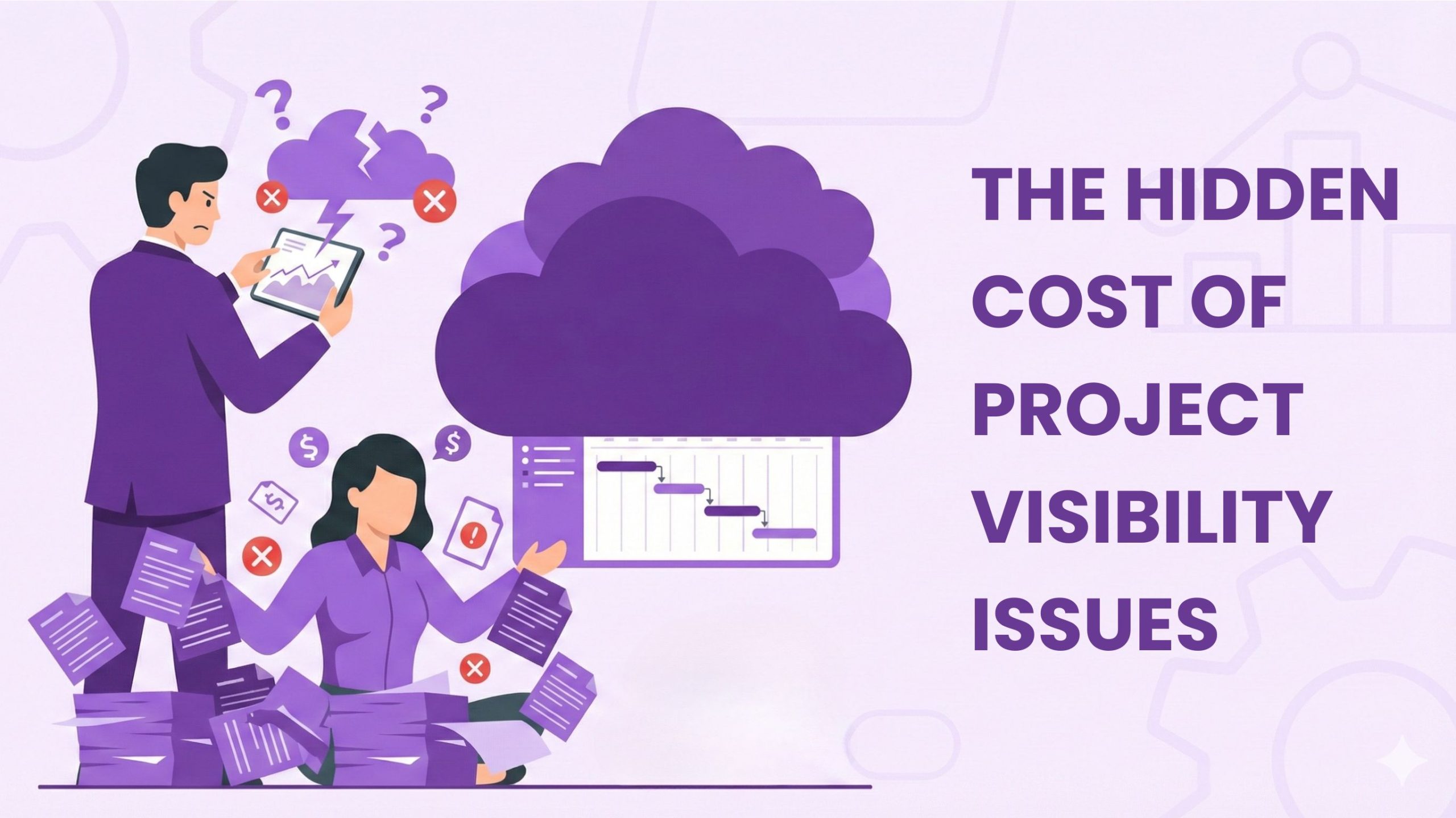
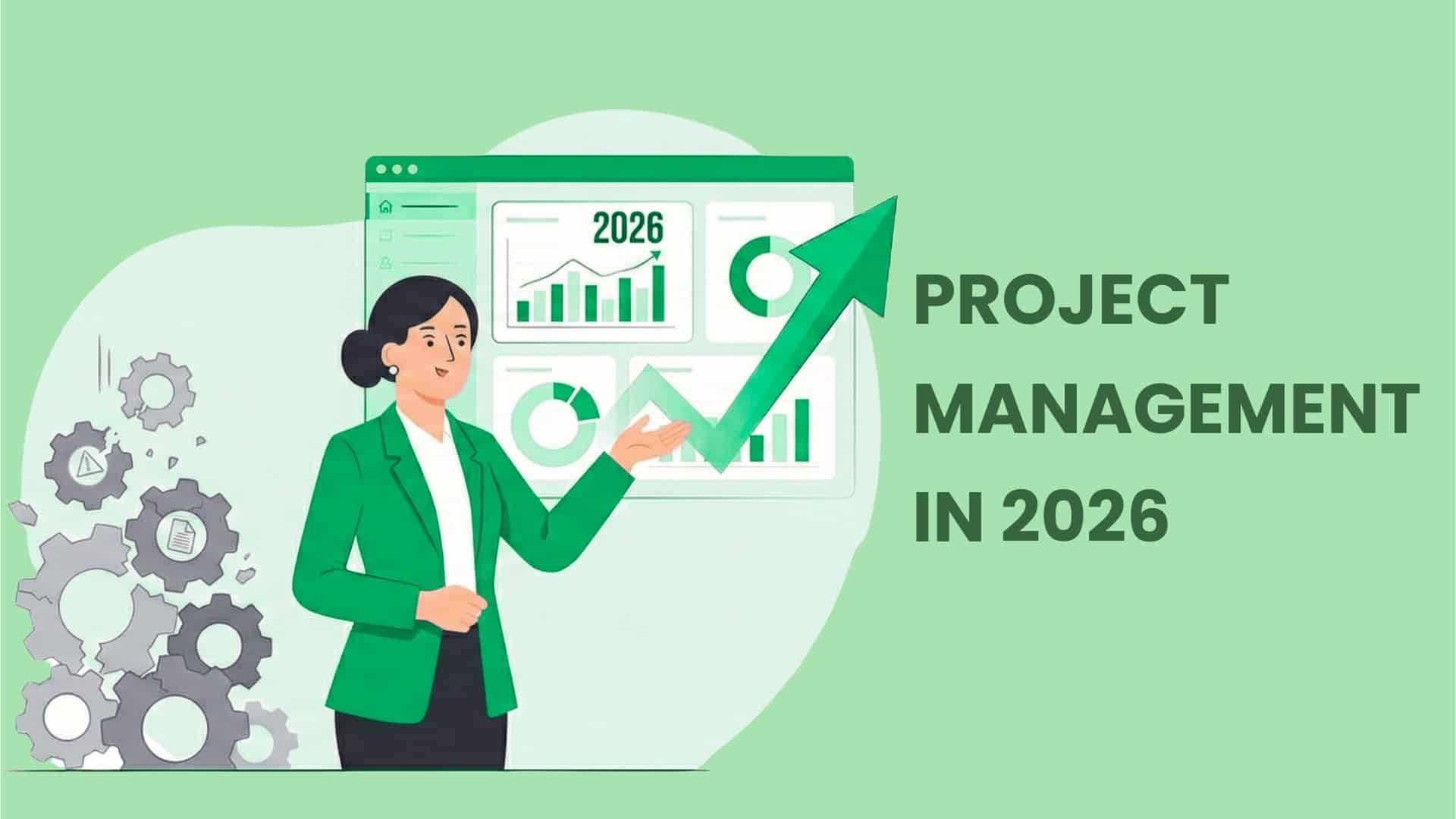
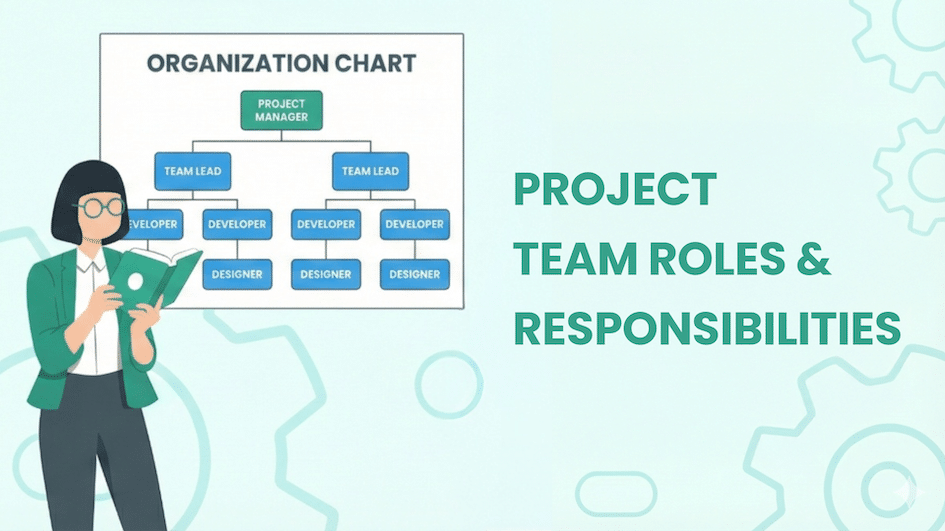
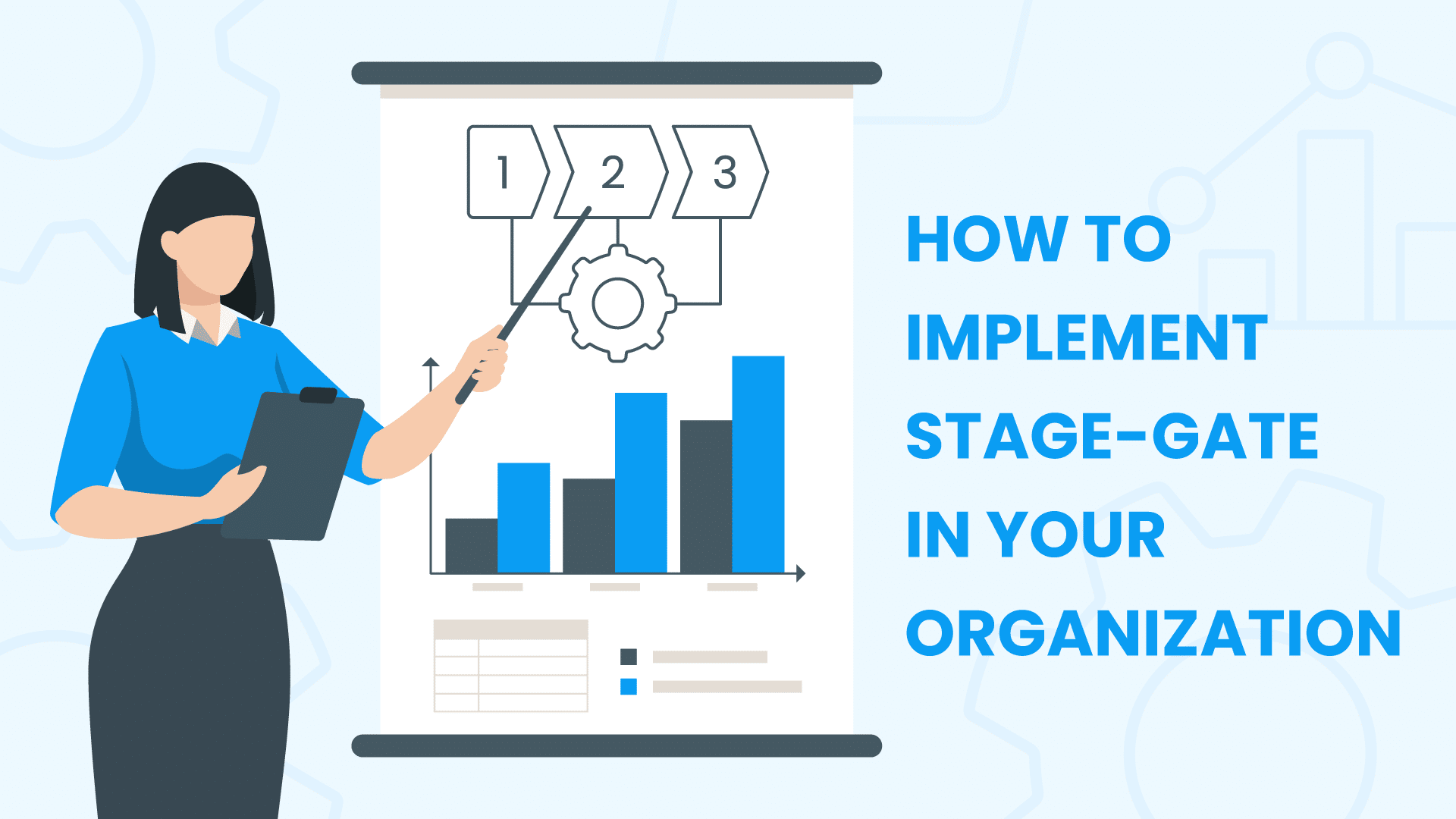










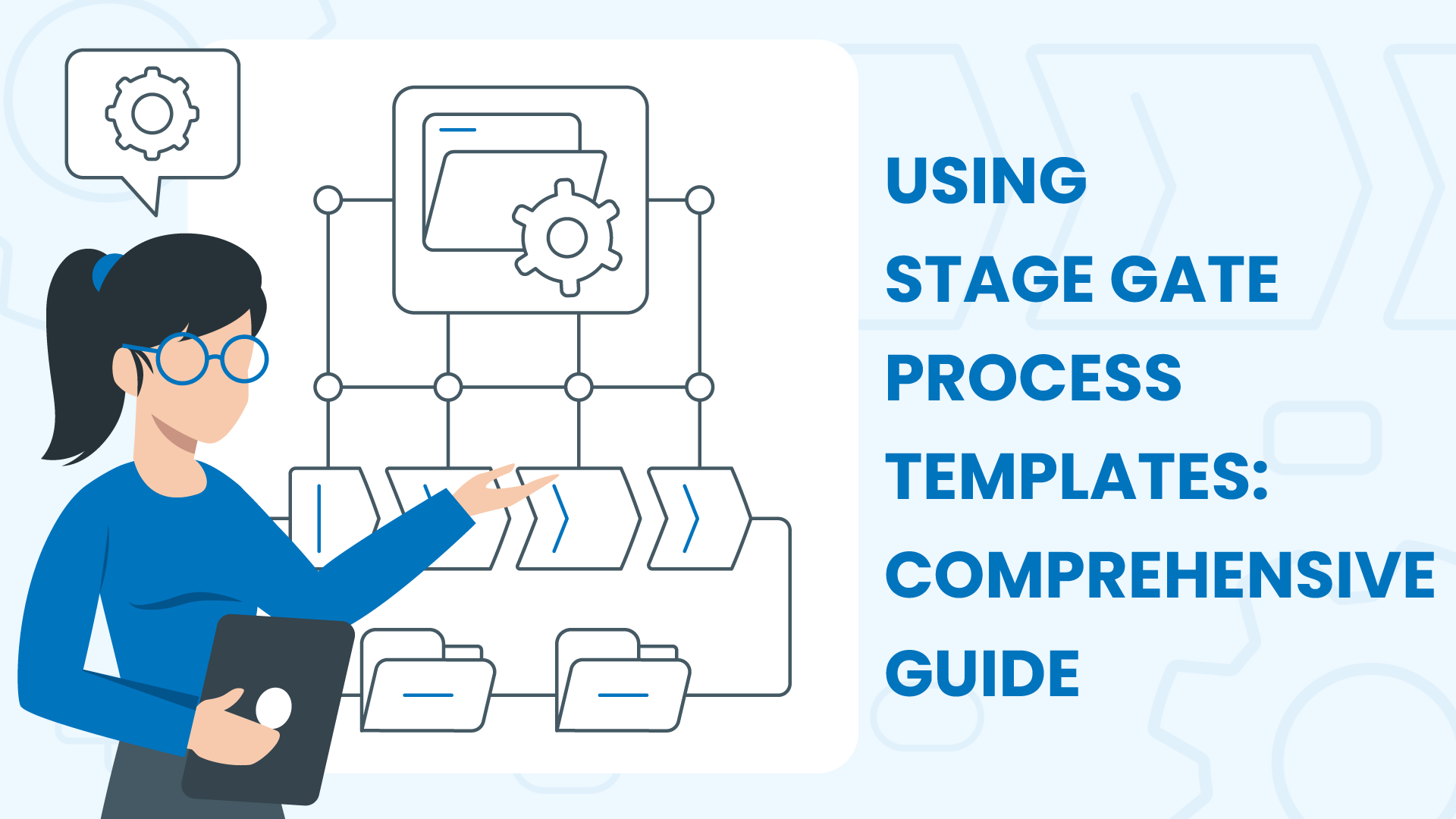




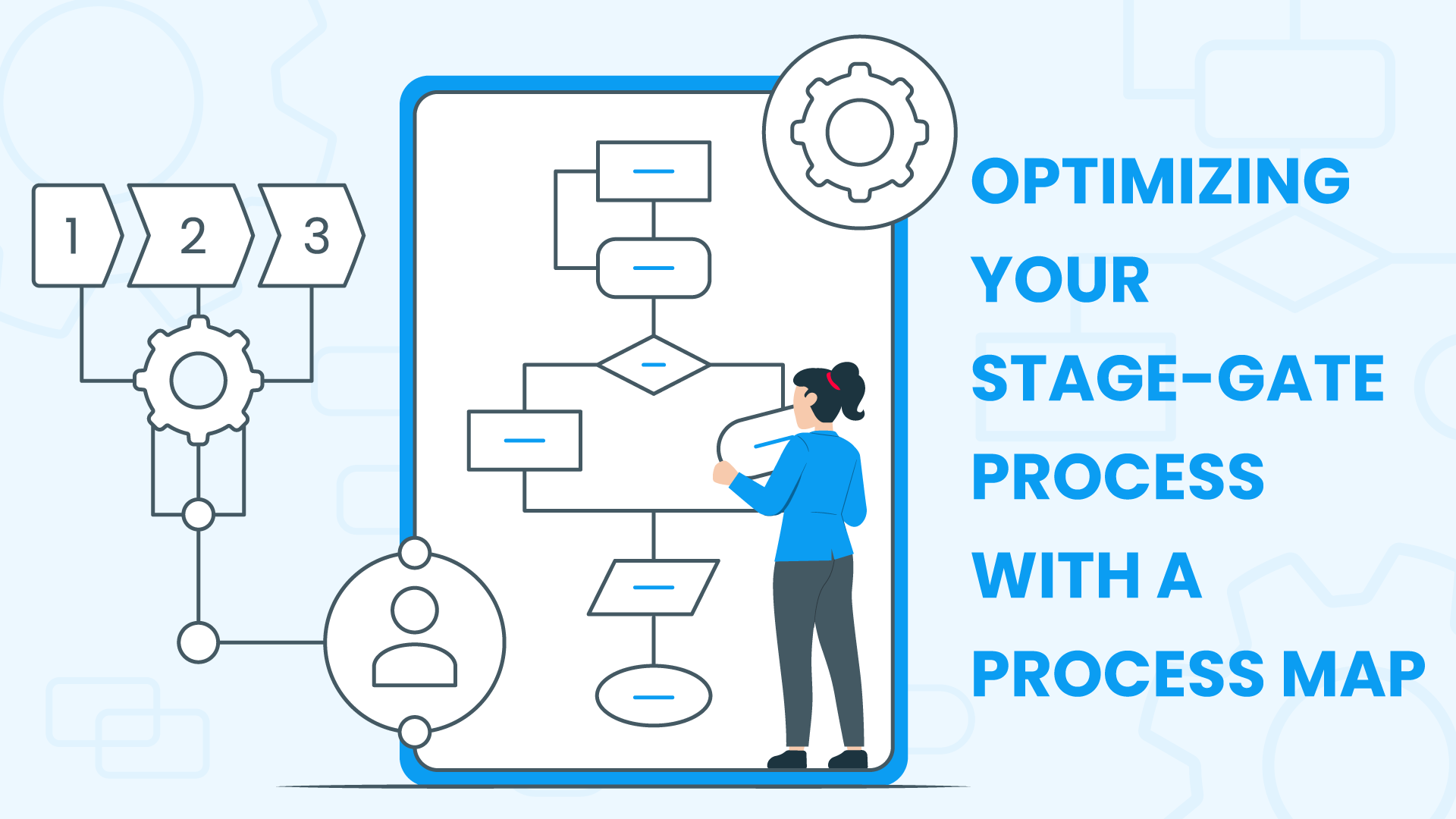


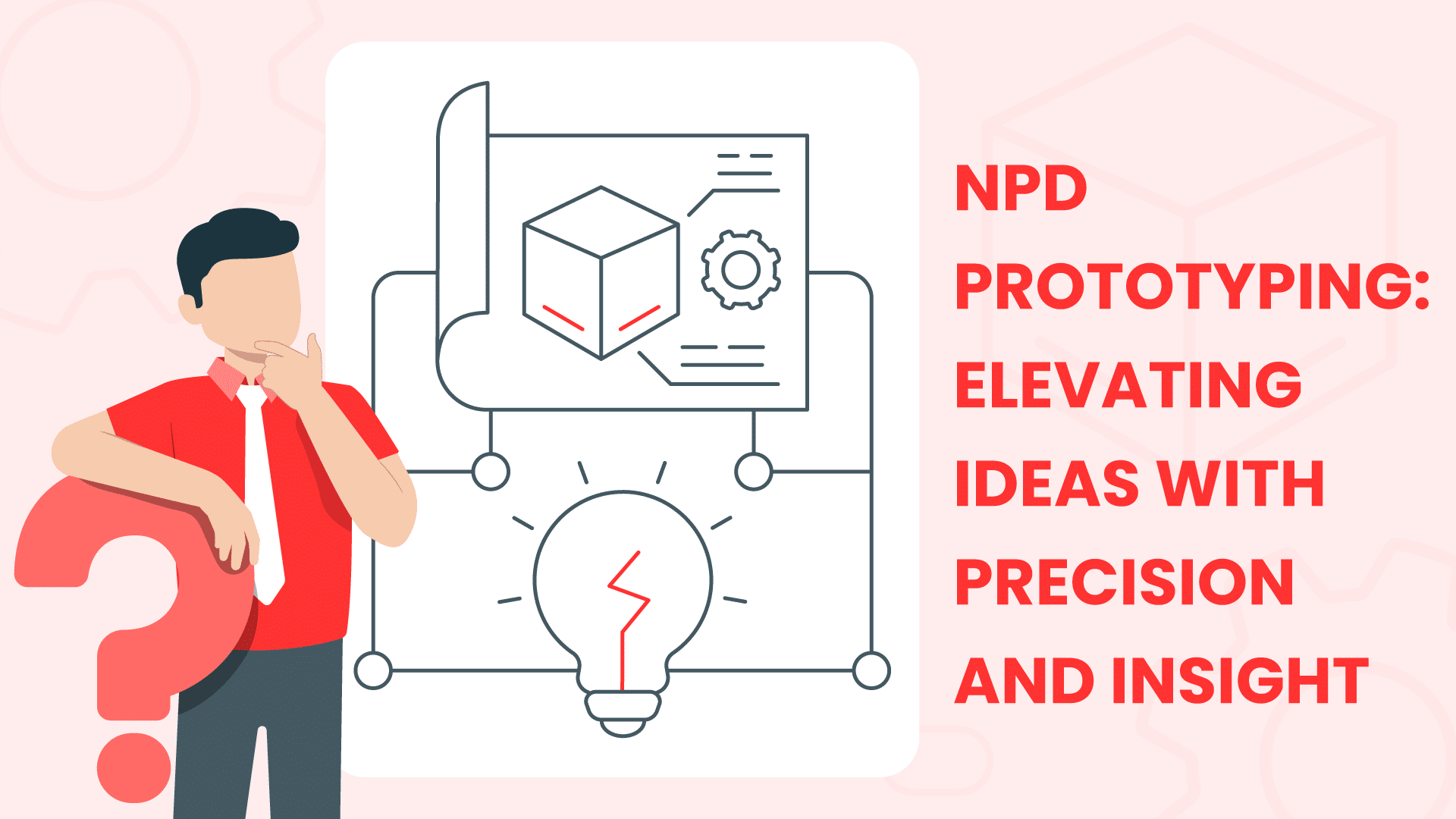

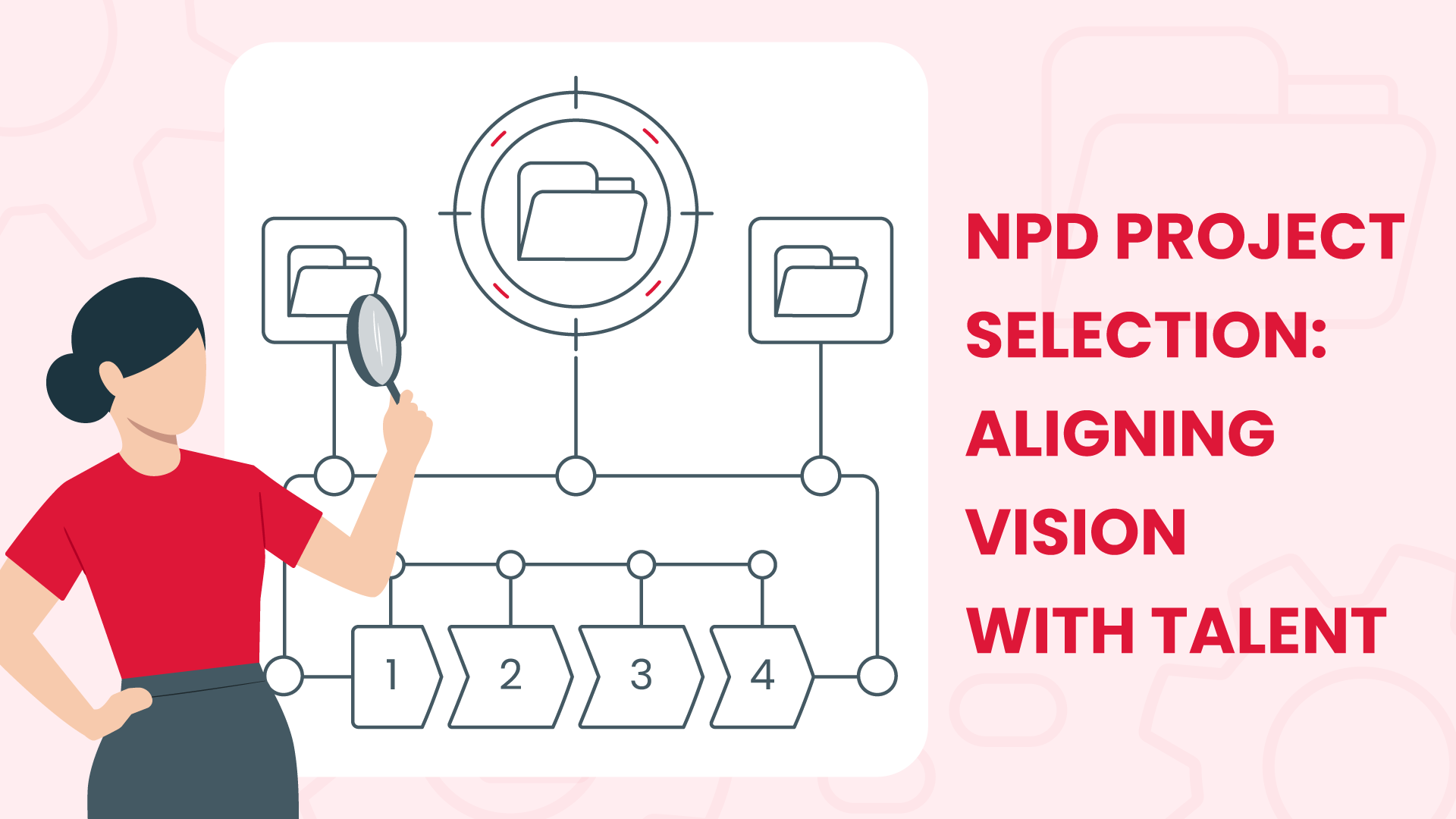






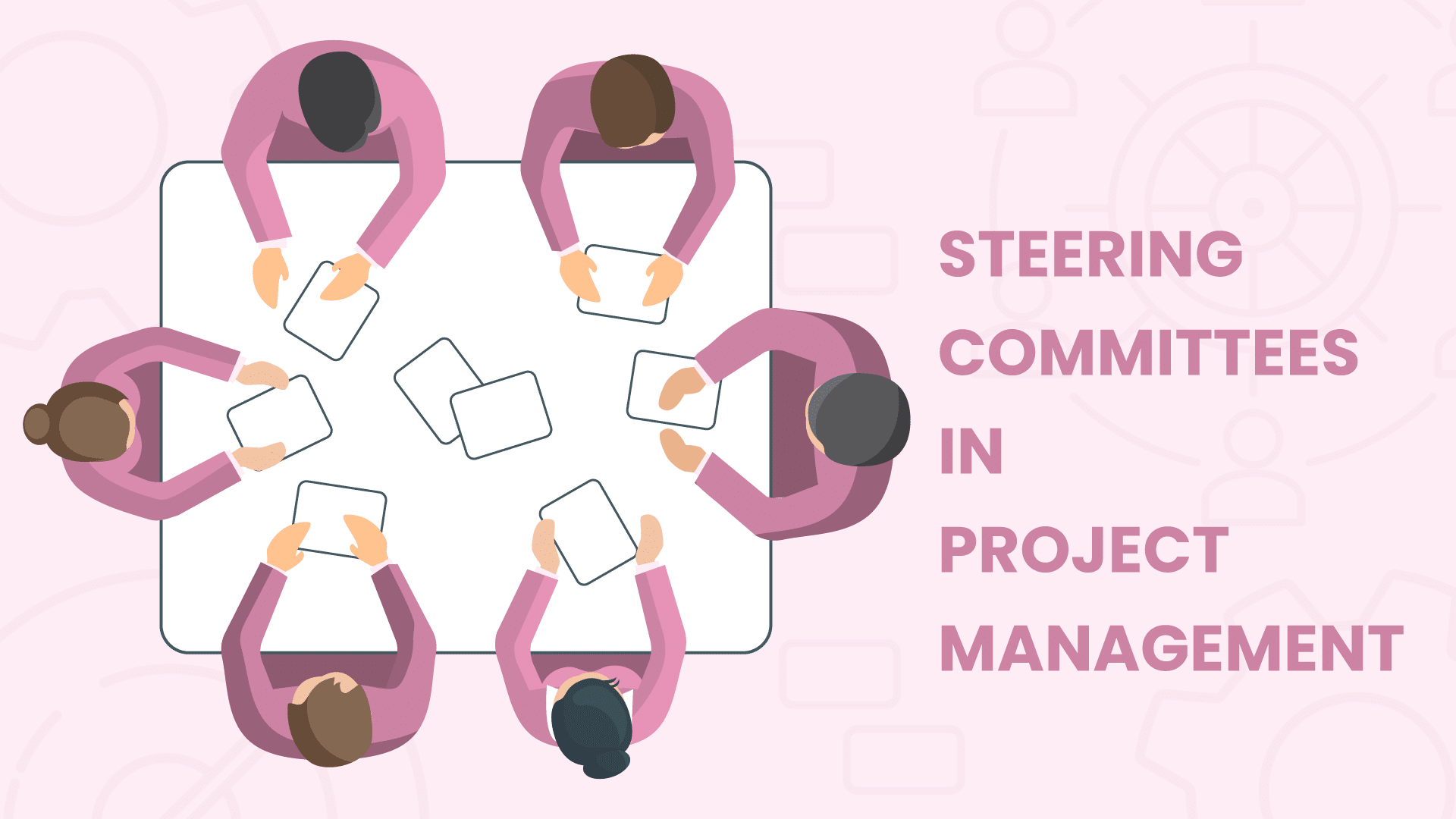

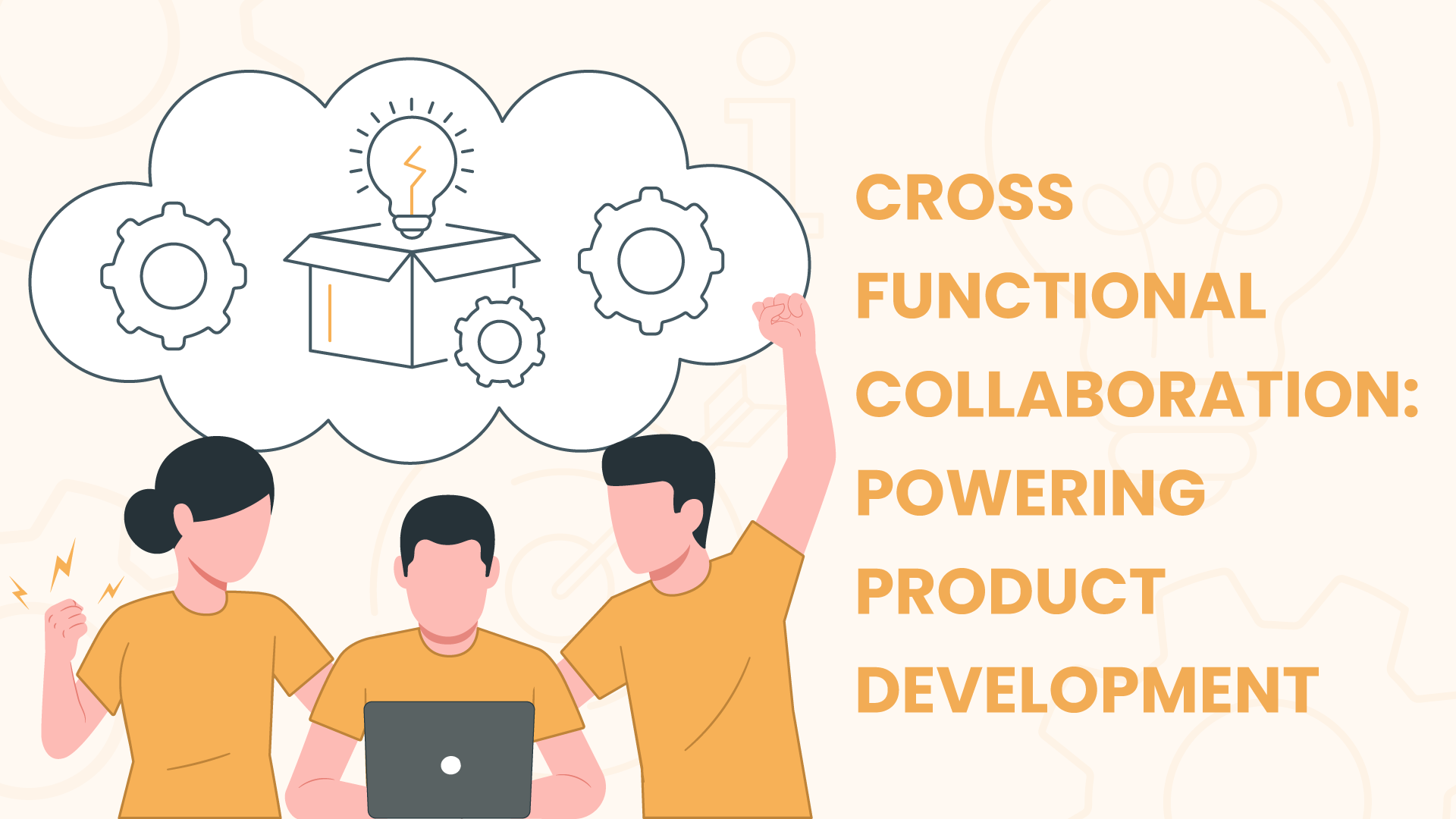



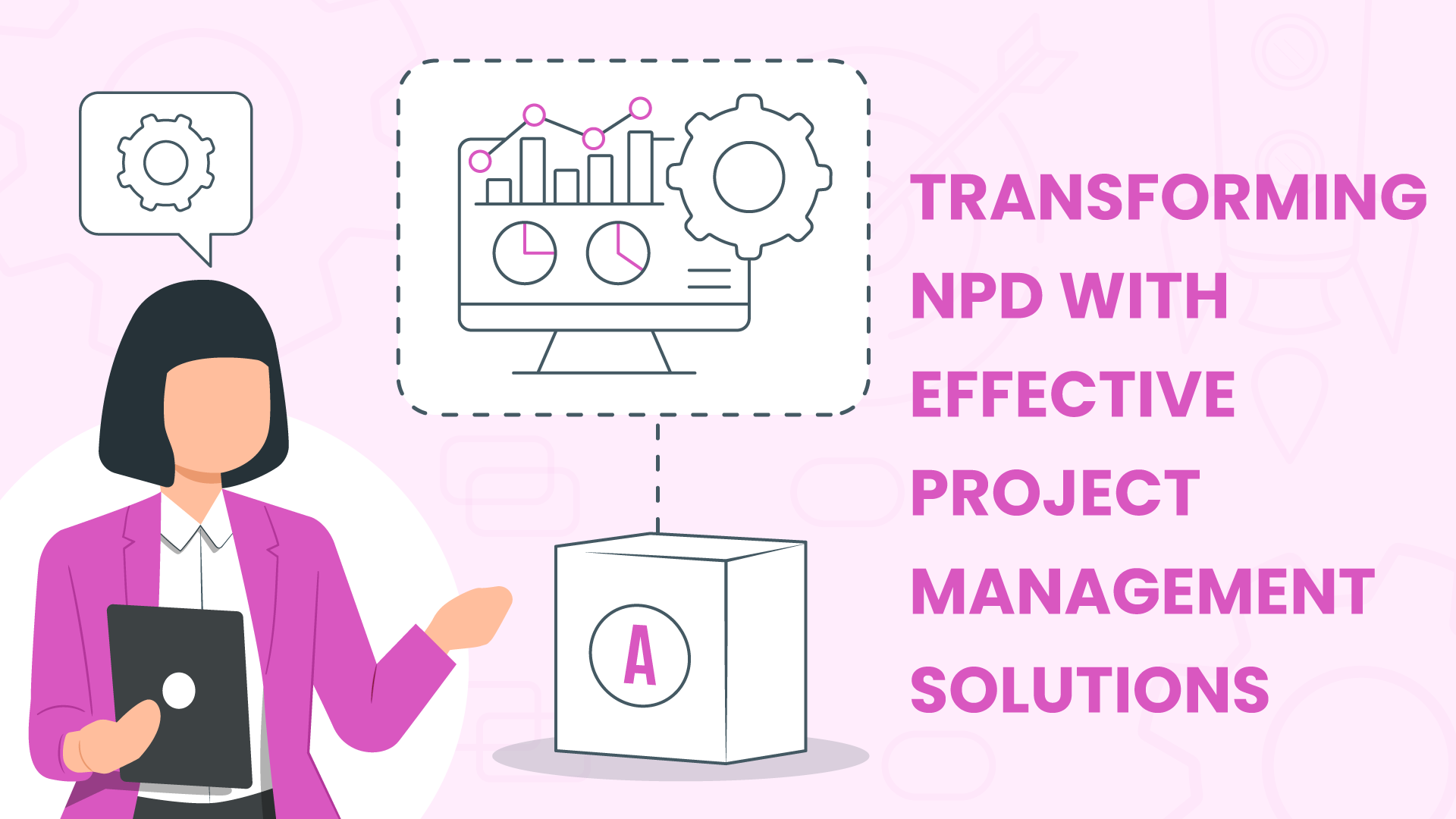

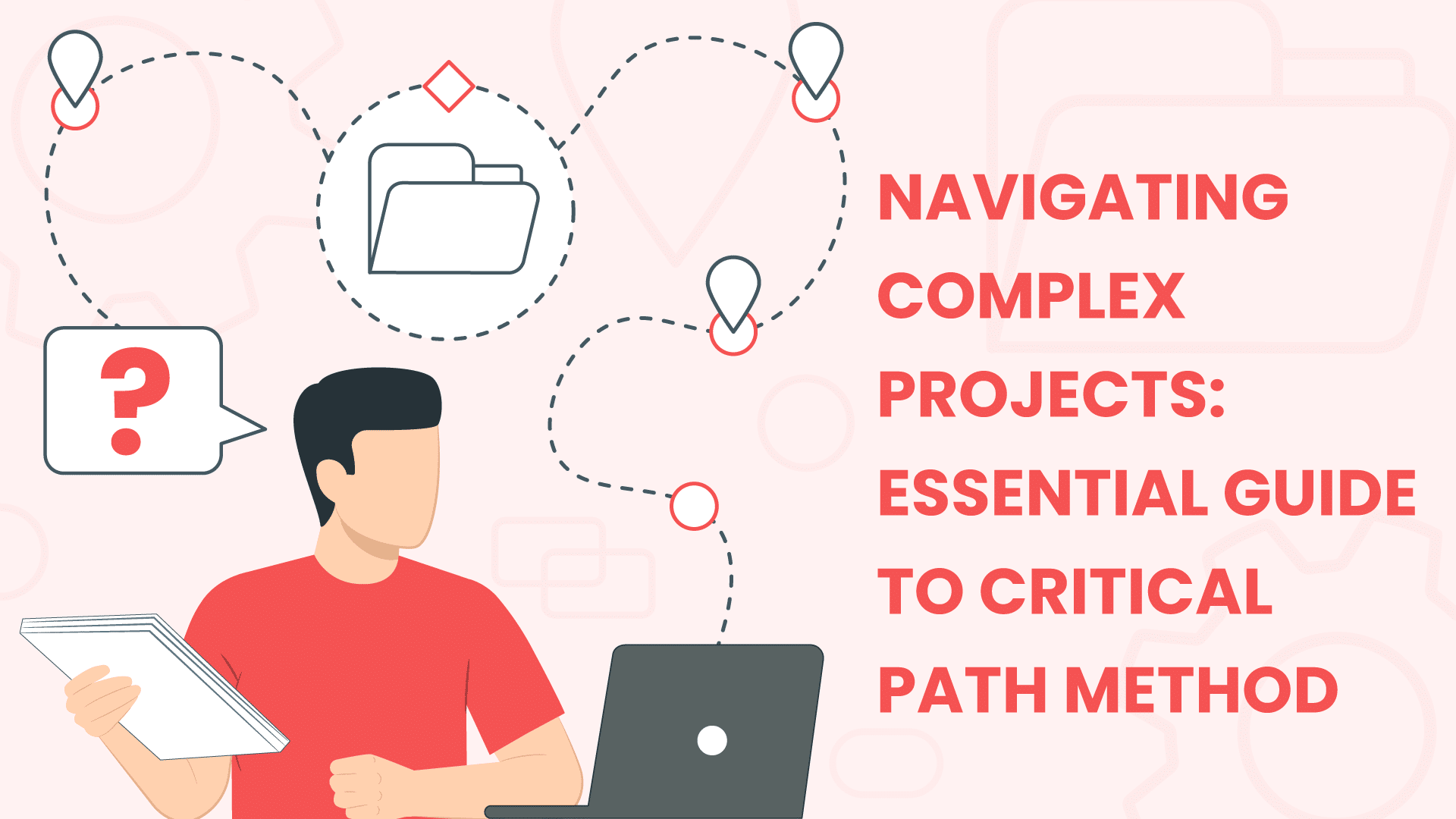







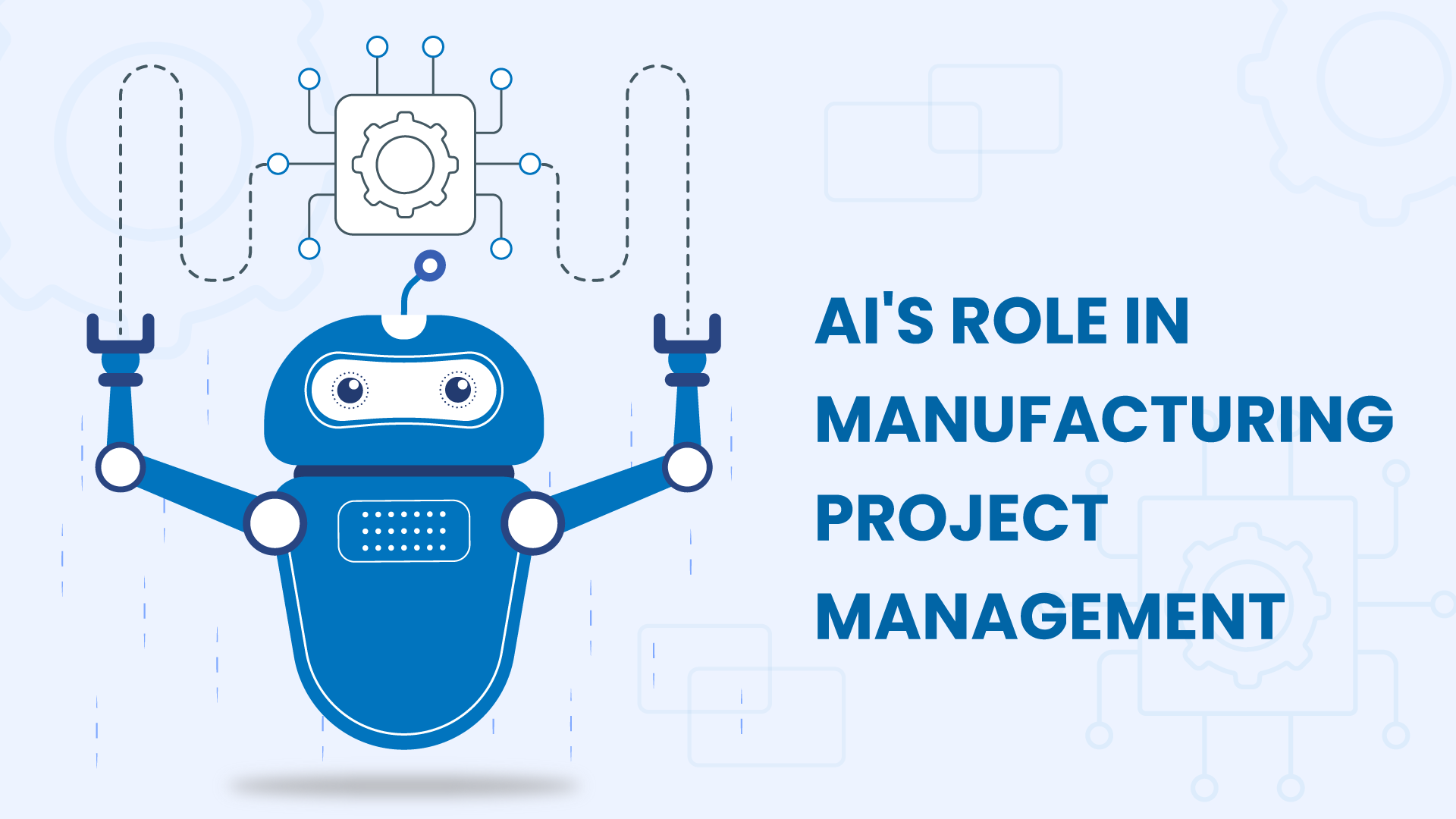


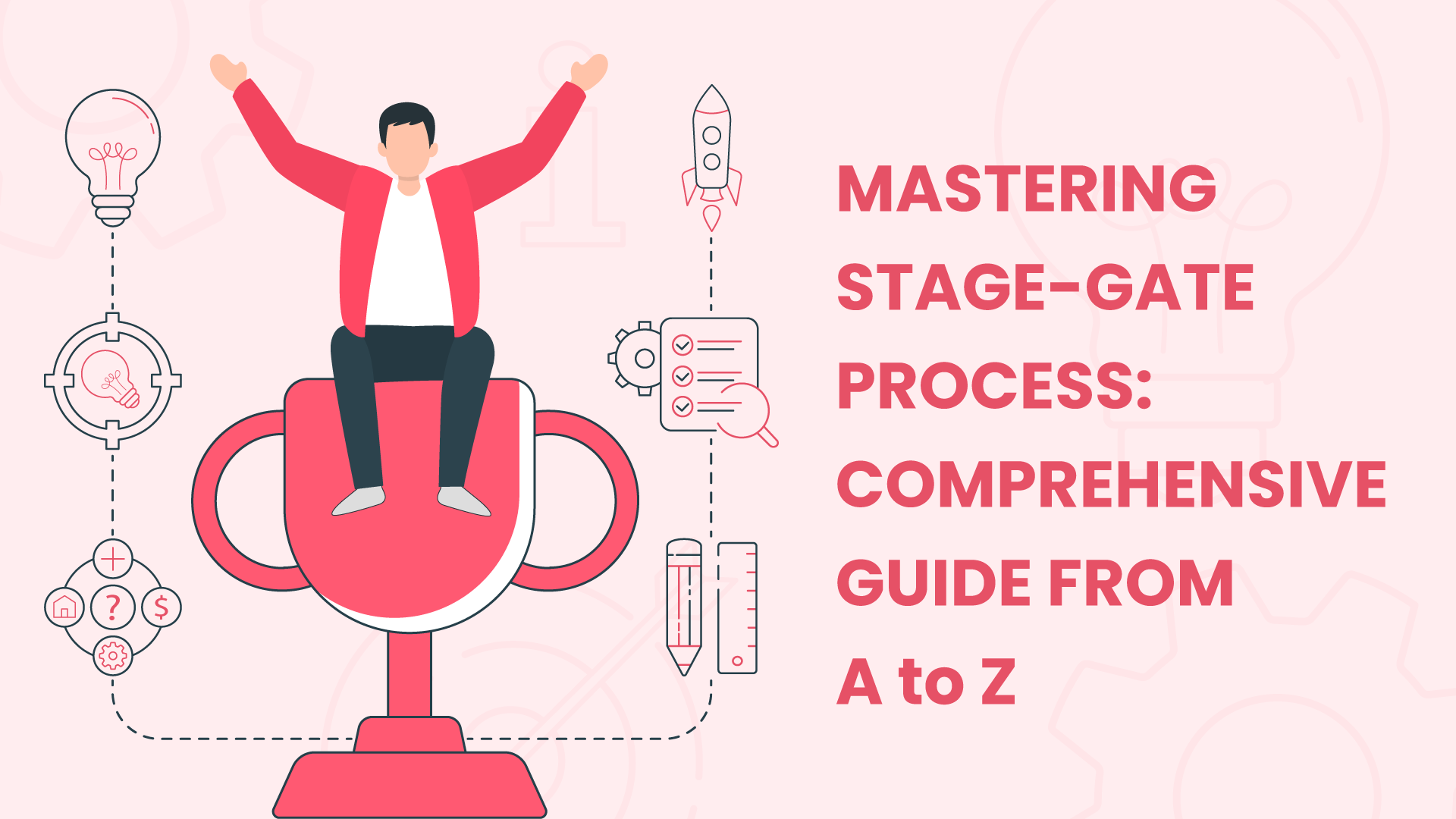

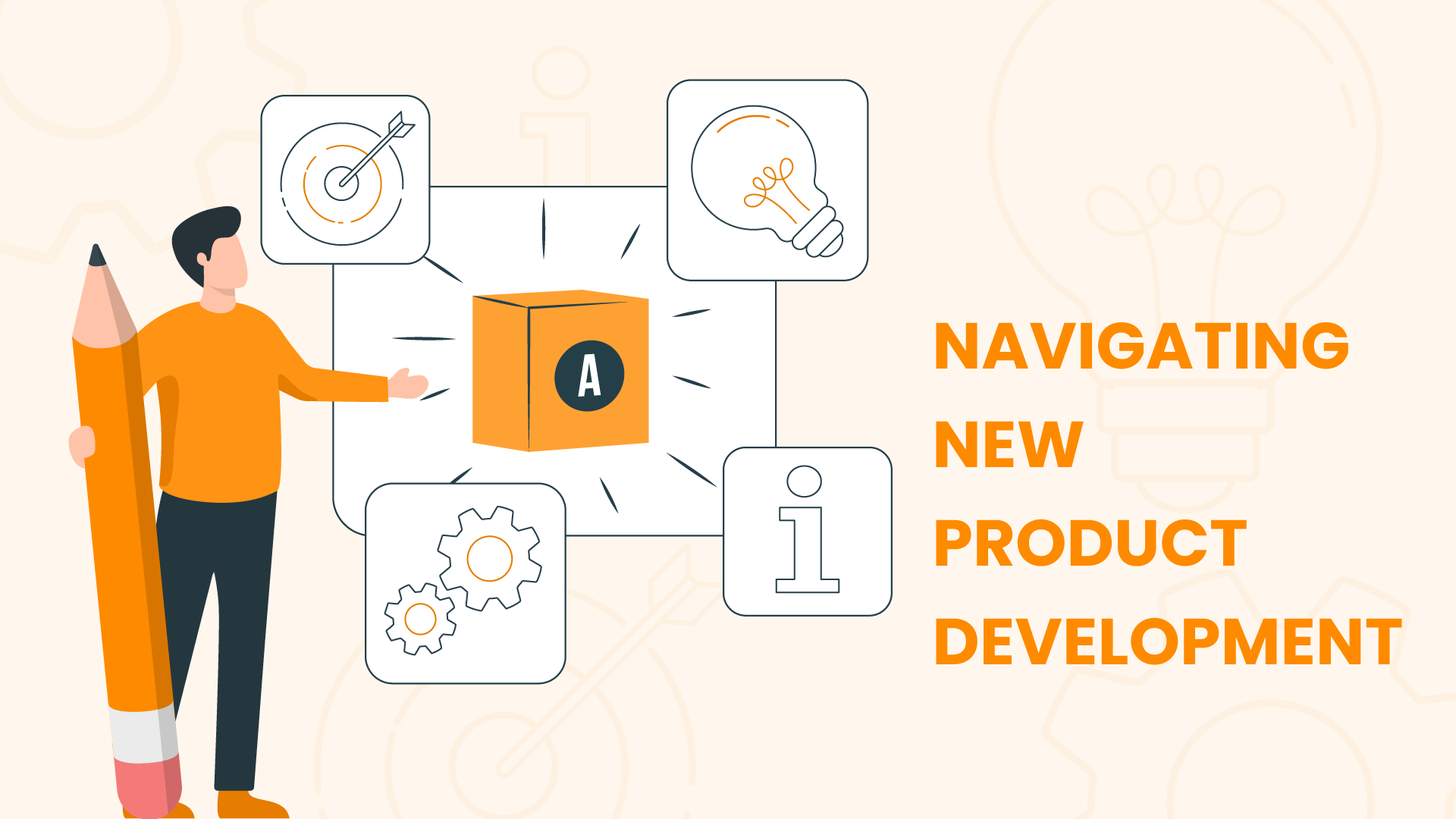





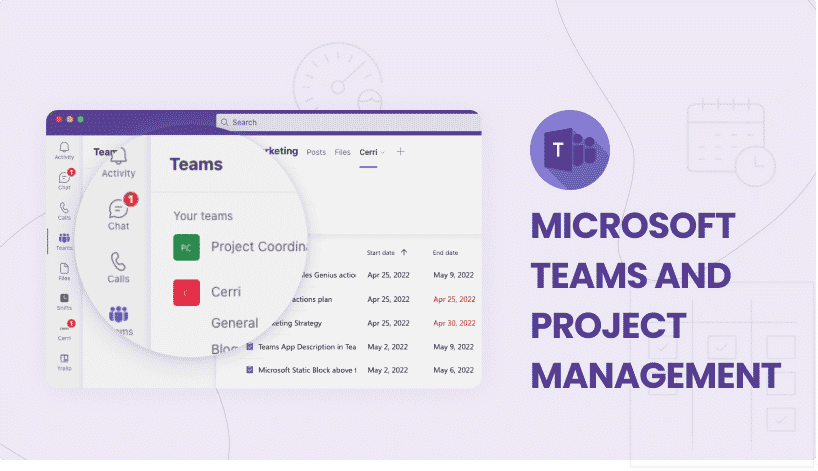




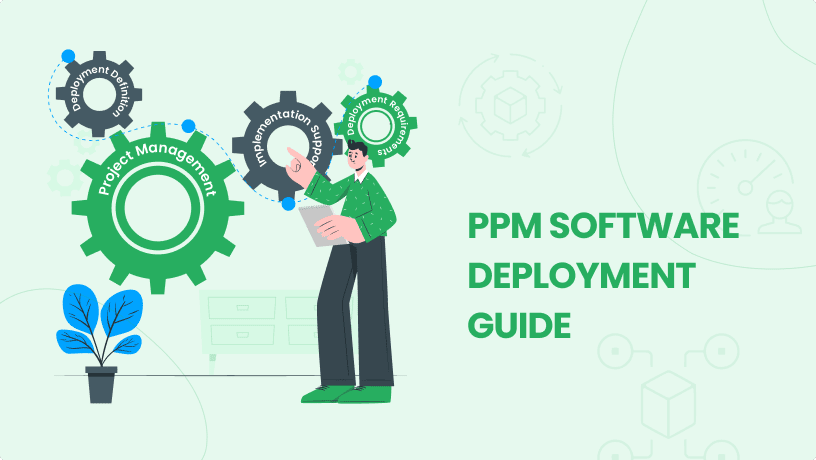
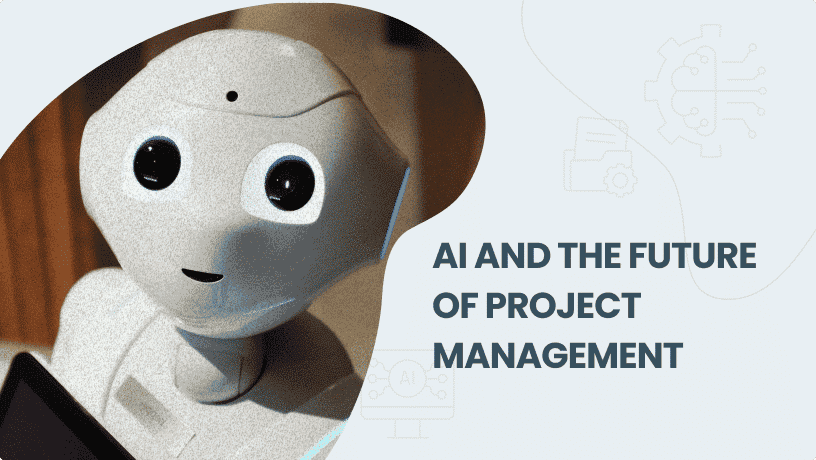







 Task Management
Task Management 




















 Customization
Customization
